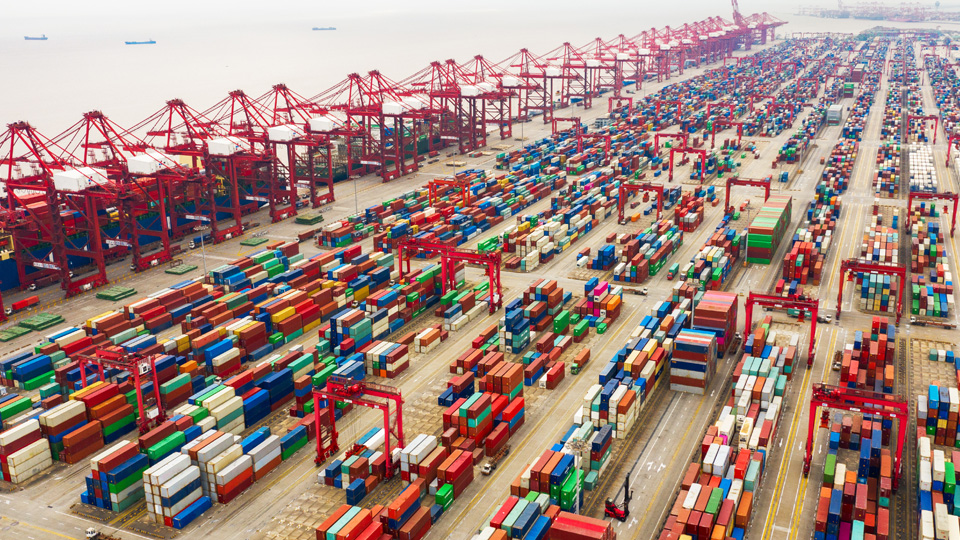This webinar offers fresh perspectives and practical strategies to help businesses create supply chains that don’t simply endure disruption, but emerge stronger from it.
Moderated by Sean Kearns, Director of Strategy and Innovation at FT Longitude, the discussion features expert insights from:
- Mikkel Søndergaard, SVP, Global Head of Sales, A.P. Moller – Maersk
- Martin Corner, Head of Supply Chain Management, Aston Martin Lagonda Ltd
- Janet Godsell, Dean of Loughborough Business School and Professor of Operations & Supply Chain Strategy
Together, they explore how leading organisations are rethinking supply chain strategy to stay agile and resilient in a world defined by volatility.
Professor Godsell said: “Building strong, reliable supply chains can be an expensive process, something that is often neglected in pursuit of maximising short-term profits. Over the years, this has meant cutting back on things like extra stock or backup capacity, leaving supply chains vulnerable when problems arise.
“Real resilience means planning, designing flexible networks, and keeping the right buffers in place. But many companies don’t have leaders who manage the whole supply chain, from sourcing materials to delivering products and handling returns. Without that full picture, making key decisions becomes much more difficult.
“Research shows that companies treating supply chain management as a core part of the business, like product development or customer service, tend to perform better.
“While there’s a lot of hype around AI, most businesses still struggle to use the systems they already have, often due to human interference and fear of failure. AI can help solve specific problems, but it’s no magic fix. What really matters is long-term collaboration and treating supply chains as strategic assets, not just costs. That means having the right leaders in place and encouraging teams to work across departments. Only then can companies truly build supply chains that are strong and future ready.”
Register to watch the full webinar
Learn more about our supply chain expertise and the UK SCALE Centre
